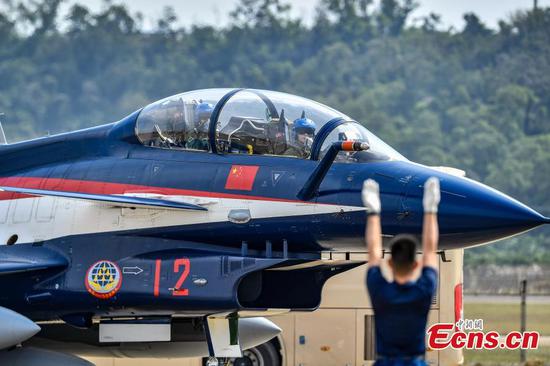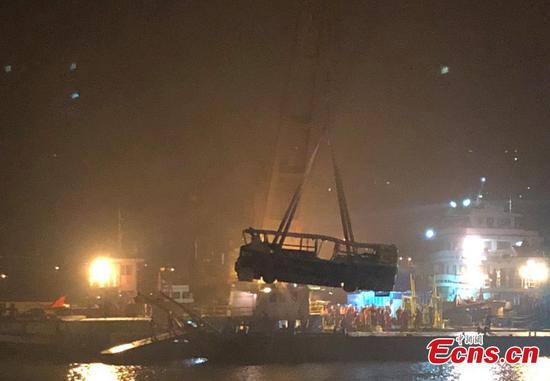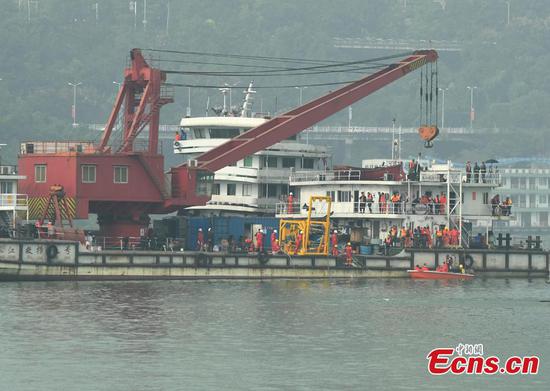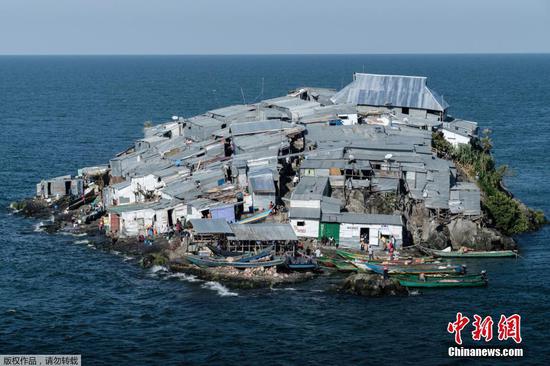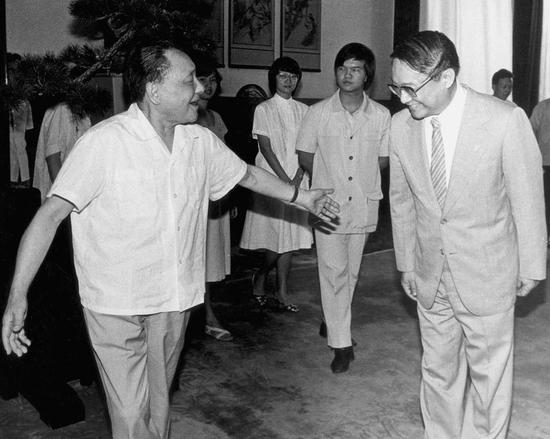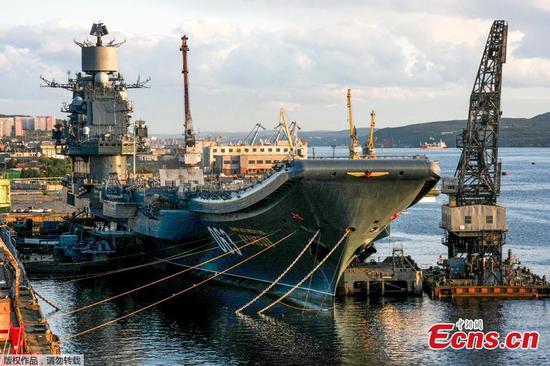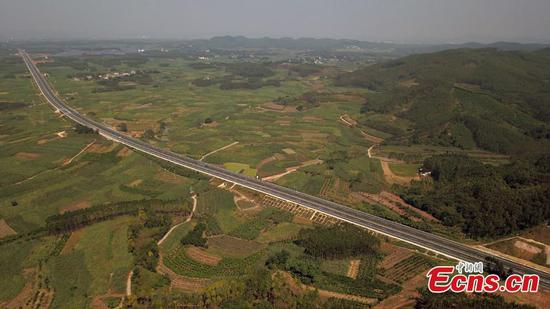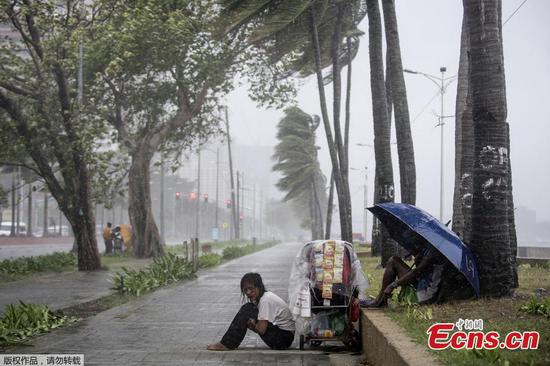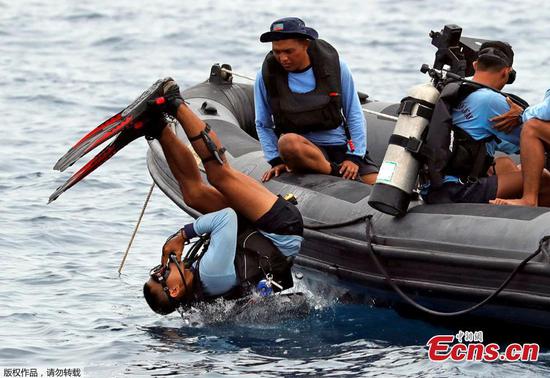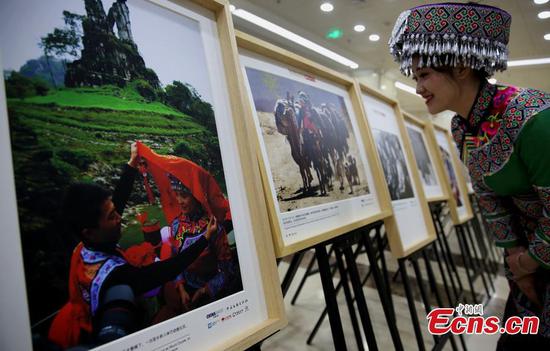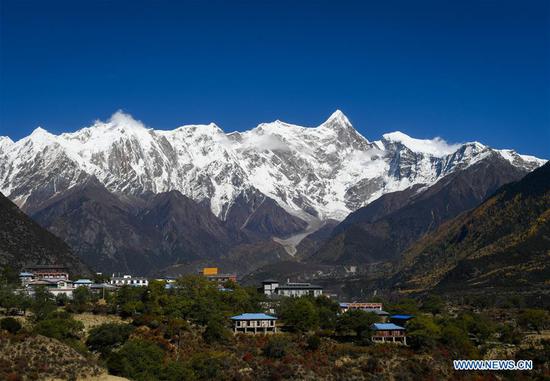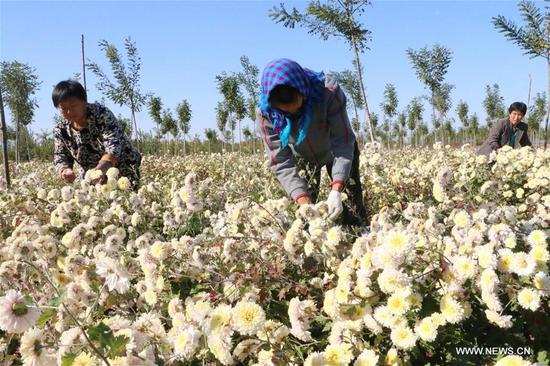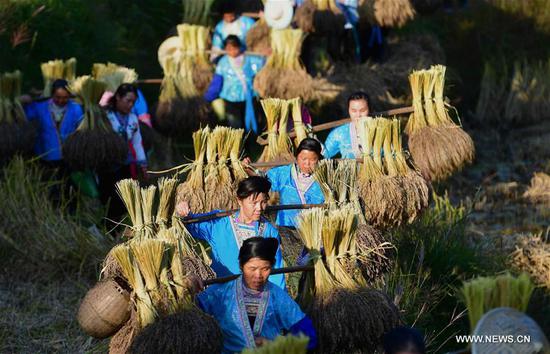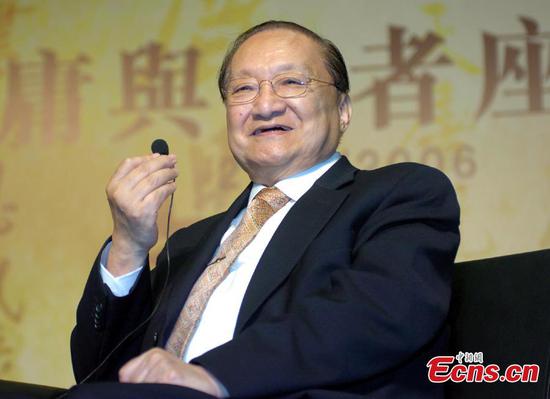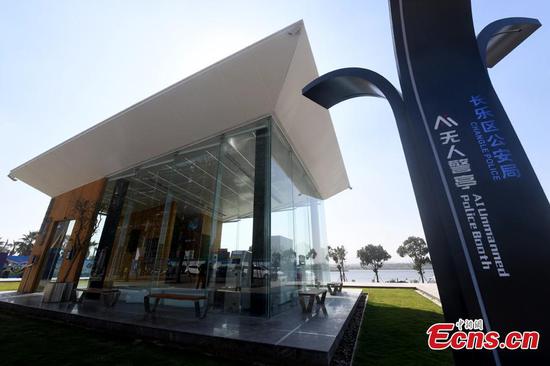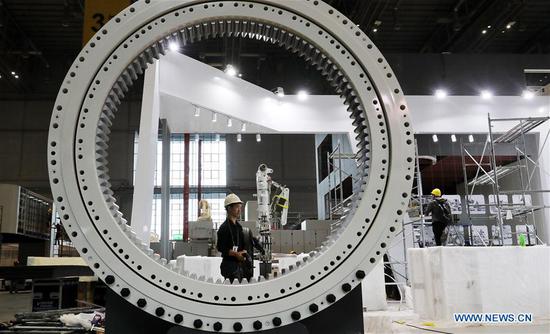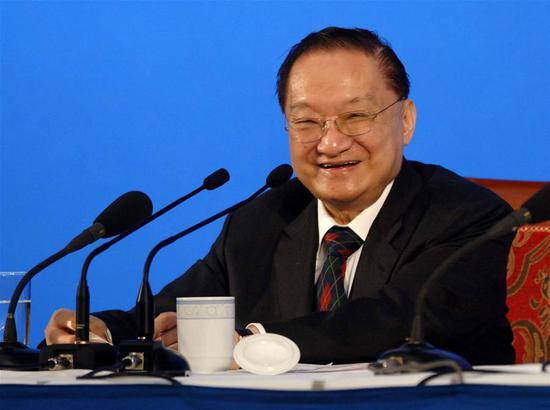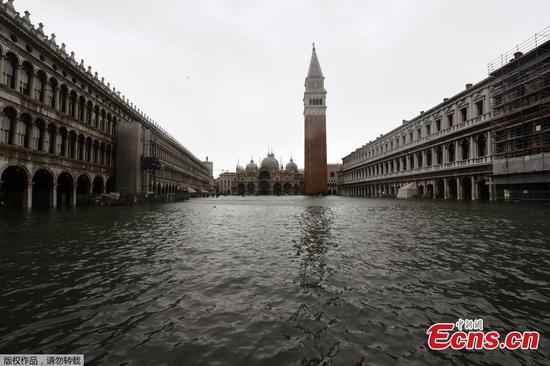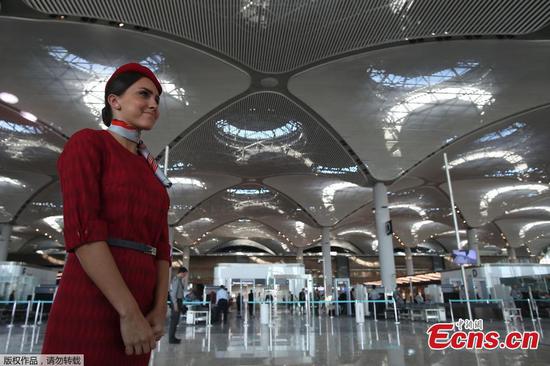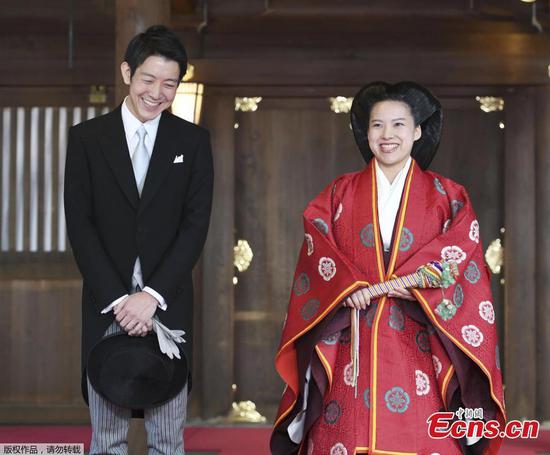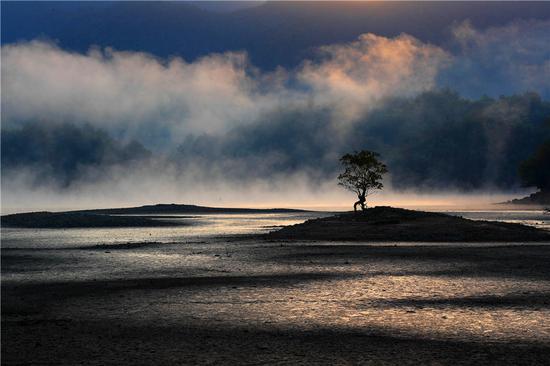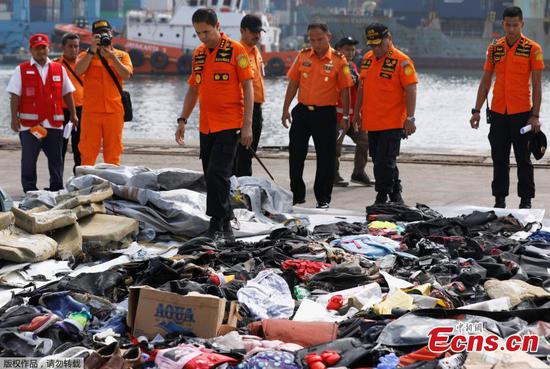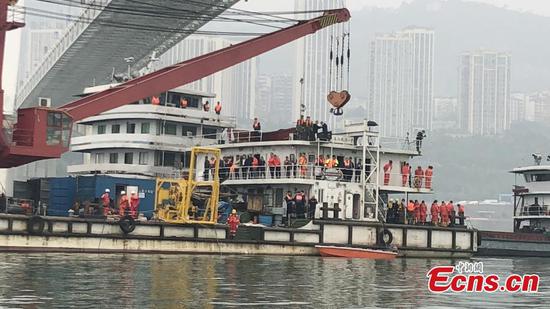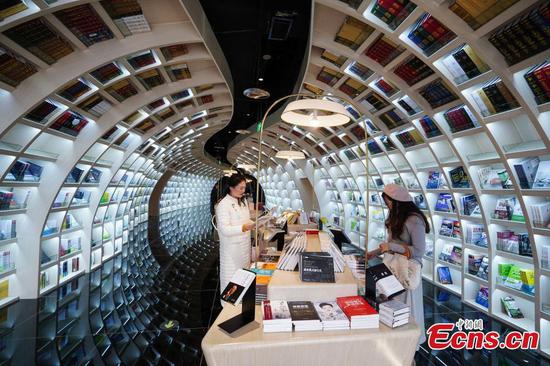U.S. Secretary of State Mike Pompeo said on Wednesday that he would meet with the foreign minister of the Democratic People's Republic of Korea (DPRK) next week to discuss Pyongyang's reported readiness to open its nuke and missile sites for international inspectors, as well as the second summit of two countries' leaders.
In an interview with The Laura Ingraham Show via teleconference, Pompeo confirmed that the meeting would take place next week, saying he could not say much about what was taking place on the ground, but he could make clear that when he met with DPRK top leader Kim Jong Un weeks ago, the latter committed to allowing American inspectors to look at two significant sites.
"We hope to get them there before too long," he said. "It's one of the things I'll speak with my counterpart next week about."
The U.S. top diplomat added that "we do have the intention of President Trump and Chairman Kim getting together before too long, hopefully early in the next year, where we can make a substantial breakthrough in taking down the nuclear threat from North Korea."
According to a report by the DPRK's state-run news agency KCNA, during Pompeo's visit to Pyongyang earlier this month, Pompeo said he and Kim shared the same view over holding a second U.S.-DPRK summit as quickly as possible.
Kim also invited inspectors to visit the Punggye-ri nuclear test site to confirm that it has been irreversibly dismantled.
U.S. President Donald Trump also said earlier this month that his upcoming meeting with Kim will be held after the midterm Congressional elections in early November.
He added that the venue of his second meeting with Kim has been narrowed down to "three or four" locations.
The first-ever DPRK-U.S. summit was held in Singapore on June 12. According to a joint statement signed by Trump and Kim, the United States would provide a security guarantee to the DPRK in return for Pyongyang's commitment to denuclearization.
However, U.S.-DPRK talks have been stuck in an impasse due to their differences over the scale of denuclearization, U.S. sanctions, and whether to issue a war-ending declaration.









